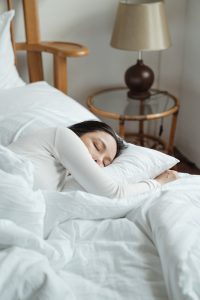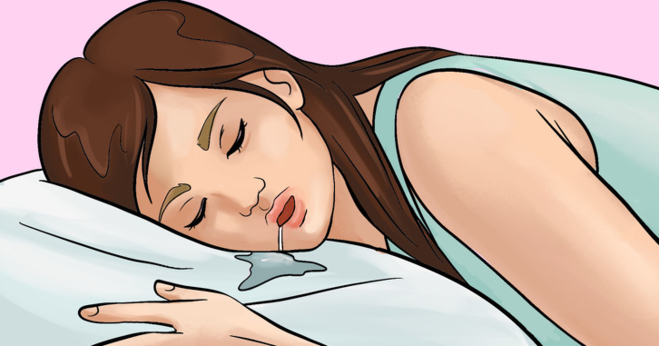
Introduction
Welcome to a comprehensive guide on managing the occasional nighttime challenges of excessive drooling or waking up with a parched mouth. In this article, we’ll explore the reasons behind salivation variations during sleep and provide you with expert tips and practical remedies to ensure a comfortable and peaceful night’s rest.
Understanding Salivation: The Basics
Before we dive into solutions, let’s understand the fundamentals of salivation during sleep. Saliva is your body’s natural defense system for maintaining oral health. It cleanses your mouth, neutralizes acids, and controls harmful bacteria, ensuring the well-being of your oral cavity.
The Nighttime Dilemma: Excessive Salivation
Excessive Salivation during sleep can be caused by various factors, leading to occasional drooling. Here are some reasons and solutions:
Sleeping Position
- Reason: Sleeping on your back can cause saliva to pool in the throat.
- Solution: Experiment with a different sleeping position, like sleeping on your side, to prevent drooling.
Allergies and Nasal Congestion
- Reason: Breathing through your mouth due to congestion can induce drooling.
- Solution: Treat allergies and congestion to facilitate breathing through your nose.
Medications
- Reason: Certain medications can stimulate salivary glands.
- Solution: Consult your healthcare provider to adjust your medication if excessive salivation is an issue.

Photo by Ketut Subiyanto: https://www.pexels.com/photo/young-woman-sleeping-in-comfy-bed-4473863/
The Nighttime Challenge: Dry Mouth
On the other hand, Dry Mouth is a common issue during sleep that can affect your oral health. Here are reasons and solutions:
Light Sleep
- Reason: Saliva production decreases during lighter sleep stages.
- Solution: Maintain good sleep hygiene to ensure you reach deeper sleep stages, which promote saliva production.
Mouth Breathing
- Reason: Breathing through the mouth can cause dryness.
- Solution: Use a humidifier in your bedroom to maintain a moist environment.
Dehydration
- Reason: Inadequate fluid intake before bedtime.
- Solution: Stay hydrated throughout the day and limit fluid intake close to bedtime.
Expert Insights: Managing Salivation Variations
Let’s turn to expert insights for tips on managing salivation variations during sleep:
Dr. Sarah Simmons, a reputable dentist with a specialization in sleep-related oral health, offers her guidance:
- “The key to a good night’s sleep and optimal salivation is to strike a balance. Experiment with sleeping positions, treat allergies, and stay well-hydrated. Remember, managing your sleep environment can make all the difference.”
Comparative Table: Managing Salivation Variations
For a quick reference, here’s a comparative table for managing salivation variations at night:
| Salivation Variations | Causes | Solutions |
|---|---|---|
| Excessive Salivation | Sleeping Position | Experiment with Positions |
| Allergies and Congestion | Treat Allergies | |
| Medications | Consult Healthcare Provider | |
| Dry Mouth | Light Sleep | Optimize Sleep Hygiene |
| Mouth Breathing | Use a Humidifier | |
| Dehydration | Stay Hydrated |
Conclusion
Excessive salivation or dry mouth during sleep can disrupt your rest and affect your oral health. By understanding the causes and implementing the expert tips and practical solutions provided in this guide, you can ensure a more comfortable and restful night’s sleep. Remember, a well-hydrated and balanced approach is the key to managing salivation variations while slumbering.










